“Beyond the emoji” — DW Documentary, 2020, 49:52 — https://www.youtube.com/watch?v=Fr9L27V337E
In this fascinating critique of the corporate decision making behind emojis, we witness how the pictorial characters come to life through the Unicode Consortium. While emoji is often understood as a type of democratic global language, the individuals who control the technology are privileged representatives from the major technology corporations. As only a certain number of new emojis are approved each year, these individuals and their corporate overlords have the power to shape how billions of people communicate. No other language has evolved in such a top-down fashion, and it also goes against the principle of equity in the context of our modern globalized society. People outside of the developed world have little influence over the emoji language compared to those in wealthier countries. Not only are minority groups underrepresented at the Unicode Consortium, but the consortium’s focus is clearly directed towards those in countries with a high degree of technological consumption.
While critical of the Unicode Consortium, the video considers how some gatekeeping to the emoji world is necessary. For example, as symbols differ in their meanings across cultures, it is wise to prevent certain symbols from entering the platform if they would be deeply offensive to some groups. However, the consequence of this can be oppressive when the feelings of privileged groups are protected at the expense of others. We see this in the case of transgender rights activists who campaign for trans-specific symbols as well as in the case of nations who want their own flag emoji (e.g., the Palestinian flag was only added in 2018). These parties must compete for attention from the Unicode Consortium along with advocates for somewhat-less-important symbols, such as the ladies from the white wine lobby featured in the video (it’s a great example of social privileges too). The result is a non-offensive, corporate-friendly language that serves the interests of the global status quo.
Who benefits from, and who is harmed by, this non-democratic language? How else can sociology inform our understanding of the processes in this video? What are some possible solutions to this problem?
From the video’s description: Every day we send seven billion emojis worldwide. Although the colorful icons called emojis can no longer be ignored in our daily communication, little is known about it. Who has power over the emoji? Where are emojis coming from? There is one "High Council" of online communication that is difficult to access and has the power over our emoji selection on the keyboard: The Unicode Consortium. This group is difficult to access and meets four times a year on the west coast of the United States. This tech giants committee makes decisions about language and shapes the infrastructure of the online world. Representatives from Apple, Microsoft, Facebook, Google, IBM, Netflix, Amazon, and Intel set the global standard for symbols, characters, and fonts in digital (visual) language so that all our devices can communicate with each other effortlessly. Part of Unicode is the twelve-member "Emoji Commission." Director Mea Dols de Jong got a foot in the door during the quarterly meeting at Microsoft's headquarters in Redmond, Seattle, but also ran into the shocking closedness of the tech sector. The deeper she delves into the world behind the seemingly little icons, the better she sees that this micro-world is a reflection of the "real" world. What does it take to get a new emoji on the phone's keyboard? Take a look at the campaign for a new white wine emoji. Why is the LGBTQI rainbow flag emoji in the keyboards, but not the one that stands for transgender people? Where lies the power to make such decisions?

